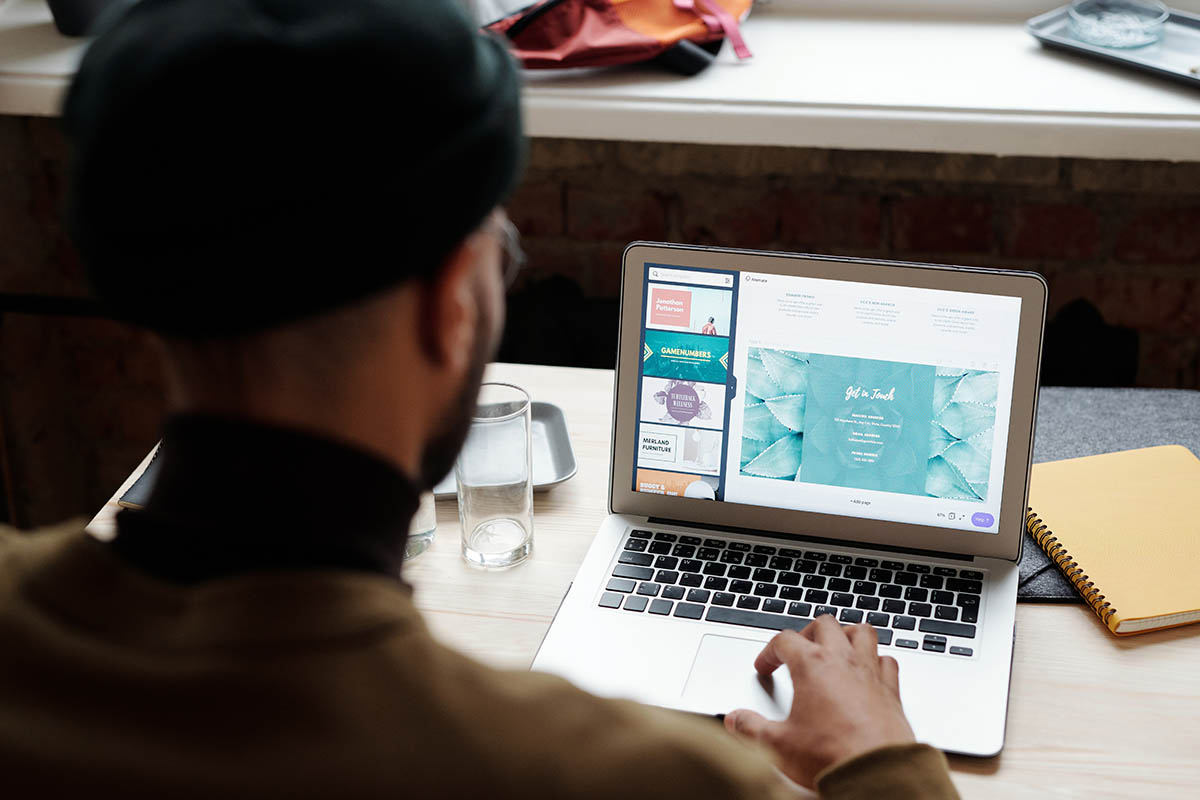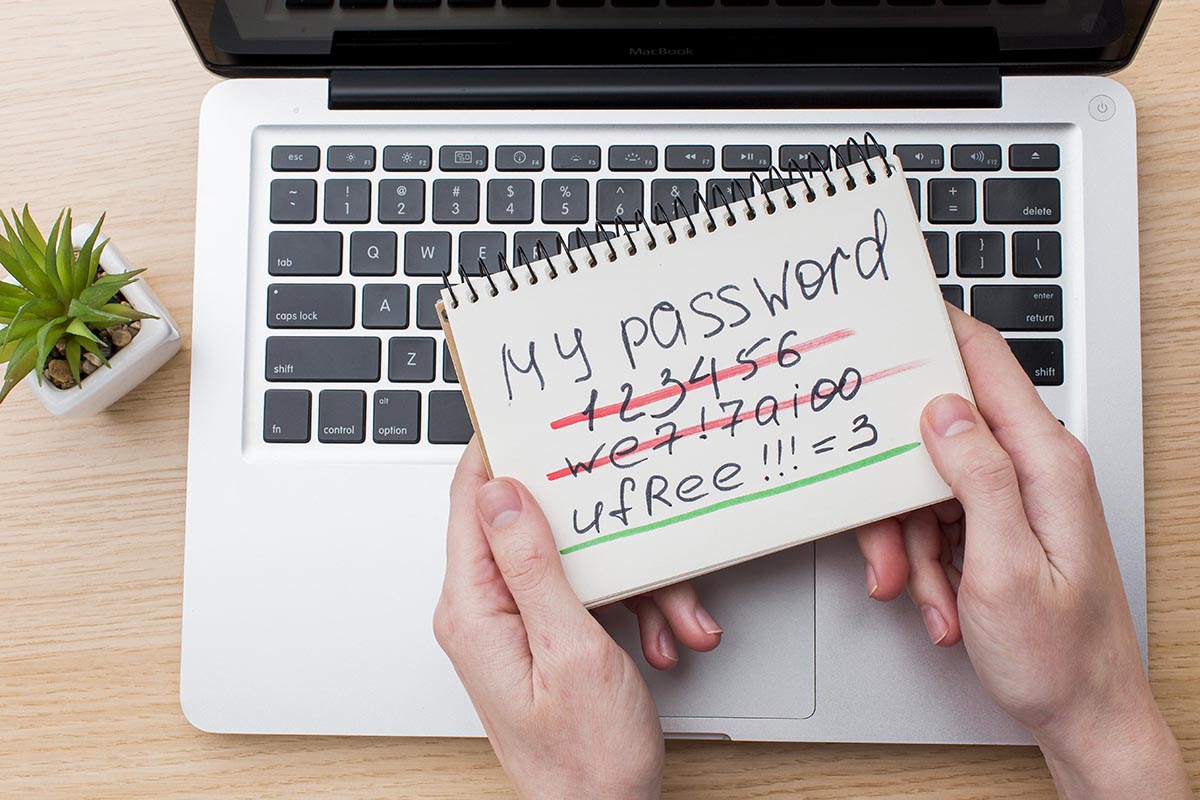5 Simple Things You Can Do to Be More Secure Online
We all spend many hours of the day online now. Our cellphones, computers, and other devices are all linked to the WiFi in our homes and often being used on public WiFi. The world is increasingly used to running everything online, but there has been a bit of lag in people’s awareness of proper online security practices.
As we have all shifted to shopping and working and going to school completely online, we have become casual about our online security practices. This can cause issues that open you up to having your data stolen, and you can actually place your place of business at risk due to issues with your own local internet security.
If you have been worried about the increasing number of cyberattacks that you hear about, you might need to evaluate your internet security practices to make sure that you are not making mistakes that could be costly. If you are ready to learn more about how you can be more secure when you are online, read on!
Contents
Simple Things You Can Do to Be More Secure Online
These tips and tricks are all easy to implement, and they will make a big difference to the security of your time spent online. You should be able to rest easier knowing that you have made these adjustments that will improve your online experience and reduce your risk of being a hacker or cyberattack victim.
Use a VPN
When you work from home, you probably use a VPN to access your business’ network. This is a great way to keep your personal internet from sharing threats with your business’ network, and it protects the company from attackers that could gain access through your unsecured WiFi.
If you are worried about this kind of attack at home, you can get your own VPN to use. This is a great way to protect your IP address and personal information from hackers, and this encrypted connection will make your data secure even if you have to use public WiFi to shop or do online banking. You will be glad that you invested in one of the best VPN services to keep your data and personal information secure at all times.
Get a Good Antivirus
Antivirus software can make a big difference in your ability to protect your home network and devices from cyber threats. The quality of virus-based attacks has increased exponentially in recent years. Even people who are aware of the risks of these kinds of security concerns have been fooled by clever viruses hidden in official-looking emails.
Having a good anti-virus in place will prevent many of these attacks from getting through, and you will be able to keep malware and other kinds of virus-based attacks at bay with ease. Trusting that a large portion of these kinds of threats is not getting through the net of your anti-virus protection can be a big benefit to investing in this simple tool.
Use Complex and Unique Passwords
The days of using the same password for every account are over. It would help if you always used complicated and unique passwords for every application you need to access. You can use Google password manager to help you log and save these passwords safely, and Google will even suggest complicated and tough to guess passwords if you want some help.
Complicated and unique passwords make it much harder for hackers to gain access to your information through simple guesswork, and you should always be sure that you are taking this easy step to protect your data. You should also make sure that you never use information commonly known for your passwords, like your date of birth, children’s names, or current phone number.
Two-Factor Authentication
This is a straightforward way to ensure that you will keep your online accounts secure and easy to implement and use. To use this simple tool, you will install an authenticator app on your phone. This application will request that you provide a randomly generated token each time you want to access specific sites added to the app.
Being able to protect your online banking access, social media access, and more with this tool can make a big difference in your overall online security. It is tough for hackers to pass this kind of test, and you should consider using two-factor authentication for every single log-in you need to use.
This will add another layer of protection to even the most innocuous site that you have to access and prevent you from being forced to trust that Facebook and other sites will keep your data secure for you.
Be More Secure Online: Use Biometrics
If you are not a fan of two-factor authentication, many applications will now allow you to register your fingerprint or use facial recognition to access them. This can be a great way to easily access your baking application or other favorite apps without making it likely that hackers can gain access to your information.
Biometric information is becoming increasingly common for all kinds of security purposes, from time card punches to lock screens and more, so using it to help secure your data is a logical and easy next step for many people.
Keeping Your Data Secure Doesn’t Have to be Hard
If you use the tips and tricks on this list, you will keep your personal data secure no matter where you are in the world. You will not have to worry about your personal security if you need to use public WiFi so long as you use a VPN, and you can secure accounts with many layers of protection. Add an antivirus to the mix and keep your software updated, and you should be safe and secure every day when you are online.

